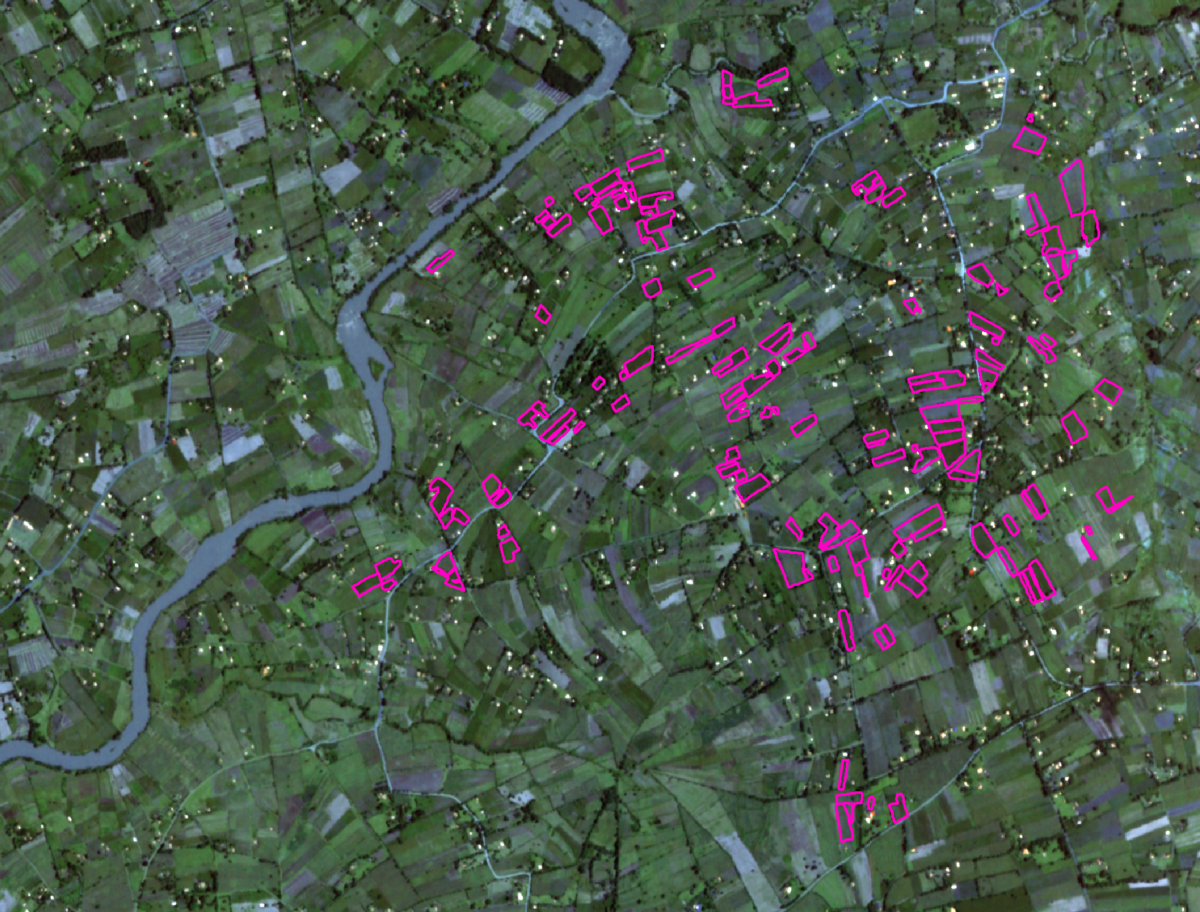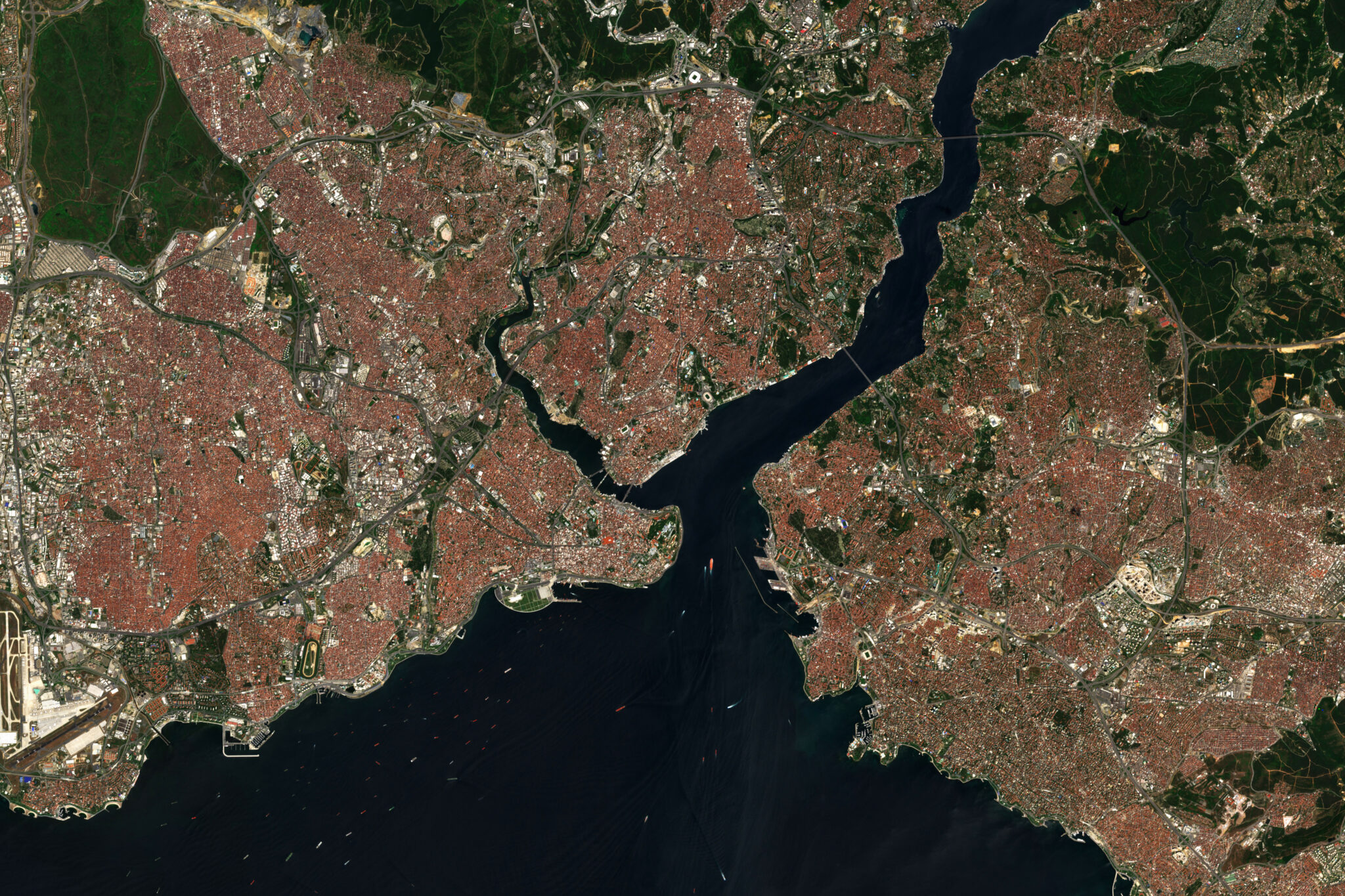
Motivation
We are in the midst of what some have called “the fourth industrial revolution,” borne by a sea change in technologies to measure, store, and analyze human information. Satellites ply the sky, taking billions of images of Earth and its inhabitants; mobile phones, crowdsourcing tools, and social media apps generate trillions of bytes of relational data every day; machine learning (ML) algorithms predict everything from our writing styles to which households are most at risk for flooding; wireless sensors measure and report real-time traffic, air pollution, and the sound of trees being felled in protected rainforests.
At scale, these novel data sources offer a significant potential to benefit humankind. This is particularly true in low- and middle-income countries (LMICs), where public administrators and service providers lack access to high quality socio-economic information on the communities they serve due to logistical and financial constraints. Data-driven research and public policy applications lag far behind their potential to support these actors, both because of technical training and data infrastructure barriers and because of concerns around bias, privacy, and trust.
CEGA works to realize the potential of the Data Science for Development (DS4D) ecosystem by supporting social scientists, engineers, data scientists, regulators, and public administrators to shape institutions capable of leveraging new data and analytical approaches that can address poverty and inequality in LMICs. We do this by funding research studies, hosting annual conferences and workshops, supporting skills development, and compiling technical resources for interested researchers, policymakers, and practitioners. We help resource novel approaches to measuring socio-economic indicators and facilitate sustainable economic development — while also supporting research on the limitations and concerns surrounding this work.
Examples
CEGA supports transformative research that leverages innovative data science approaches across a number of sectors:
- CEGA Faculty Co-Director Joshua Blumenstock is developing low-cost, high-resolution poverty maps that combine satellite data with mobile phone call detail records and has applied this approach to target cash transfers in Togo.
- CEGA affiliated faculty Sol Hsiang and Tamma Carleton developed the MOSAIKS platform, which combines satellite imagery with machine learning (SIML) to measure socioeconomic and environmental conditions in data-poor regions.
- CEGA affiliated faculty Marshall Burke and David Lobell have developed an approach for measuring crop yields in remote areas and identifying poverty signatures using global satellite imagery.
- Through our Digital Credit Observatory, CEGA has supported research on the use of machine learning algorithms to overcome the gender gap in credit access in the Dominican Republic and Mexico.
- CEGA’s USAID-funded Development Impact Lab has supported the development and evaluation of data-intensive responses to poverty in LMICs, including a low-cost, AI-driven technology to monitor air pollution, research using geospatial modeling and machine learning to improve water resource management, and a project using a phone-based crowdsourcing app to monitor the reliability of electrical grids.
Driving Impact
CEGA is committed to driving the adoption of cutting-edge methods and data through the development of relevant public resources, protections, and through testing new DS4D tools and approaches. We do this in partnership with global technology companies, telecommunications companies, satellite companies, innovation-minded researchers, and decision-makers. If you are interested in partnering with CEGA to develop, test, or train stakeholders on new DS4D approaches, please contact Sean Luna McAdams.













